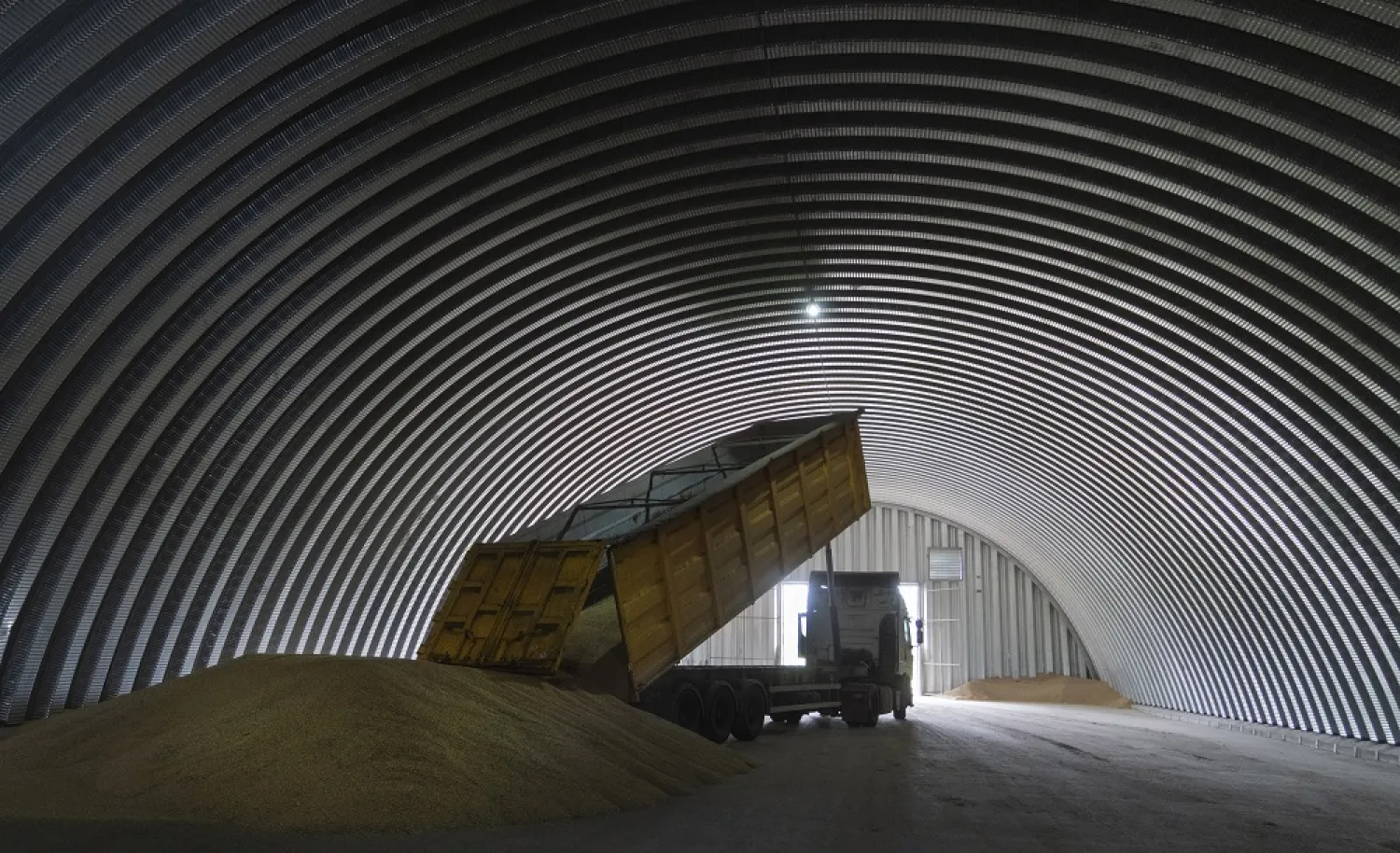Ukraine's Foreign Minister Dmytro Kuleba promised that his embattled country will do all it can to send more grain to Africa as he began his tour this week of the continent in Senegal.
Ukraine will be sending “boats full of seeds for Africa,” Kuleba said after meeting with Senegal's president and foreign minister in Dakar on Monday.
"We will do our best until the last breath to continue exporting Ukrainian grain to Africa and the world for food security,” Kuleba said at a joint press briefing with his Senegalese counterpart, Aissata Tall Sall.
Senegal's President Macky Sall, the current chairman of the African Union, has urged Russia and Ukraine to resume their grain exports despite the ongoing war.
Many African countries depend heavily on grain imports from Russia and Ukraine. Amid market shortages, Russia has sought to portray the West as the villain, blaming it for rising food prices.
Western leaders, meanwhile, have accused the Kremlin of cynically using food as a weapon and waging an imperial-style war of conquest.
So far Africa has stayed somewhat neutral on Ukraine: Some 25 African countries either voted to abstain or did not vote at all on the UN resolution that condemned the war in Ukraine earlier this year. Senegal was among those abstaining and its president told the UN General Assembly last month that Africa “does not want to be the breeding ground of a new Cold War.”
Despite these positions of neutrality, Ukraine's foreign minister said he wants to deepen his country's ties to Africa.
“I do not come to Africa against anyone,” Kuleba said Monday. “We must strengthen our cooperation. Our future depends on the relationships we build and what happens every day.”
The Ukrainian minister criticized Russia's statements.
“The Senegalese may be surprised if they listen to Russian propaganda. Russia wanted to make believe that (the war is because) Ukraine wants to be a member of NATO. Finland wants to be a member. And yet Russia did not attack it,” he said.
“Russia also believes that we are one people. This is not true,” Kuleba said. "The language we speak is not the same. We have a different culture and a different people. If someone tries to impose a doctrine on you, you would reject it.”









